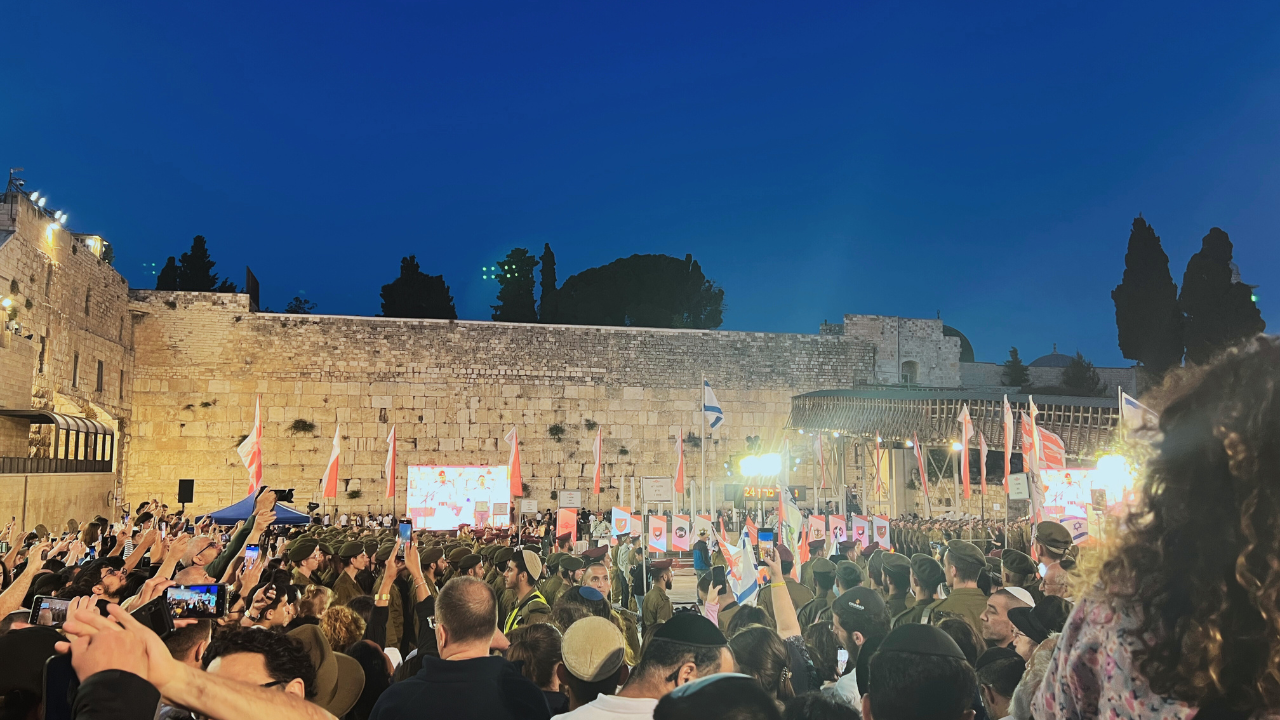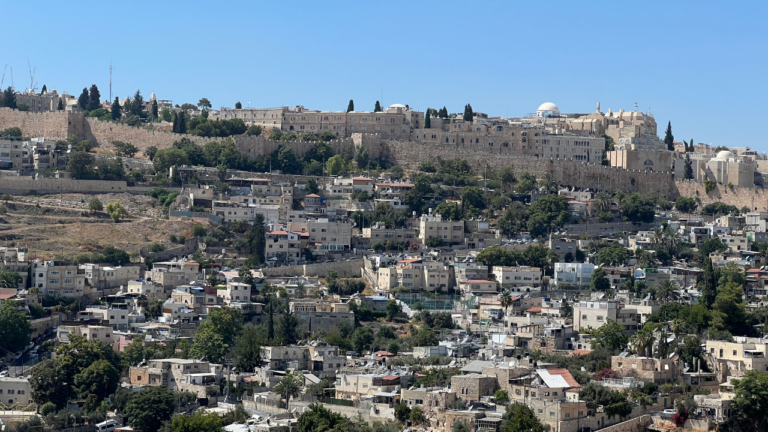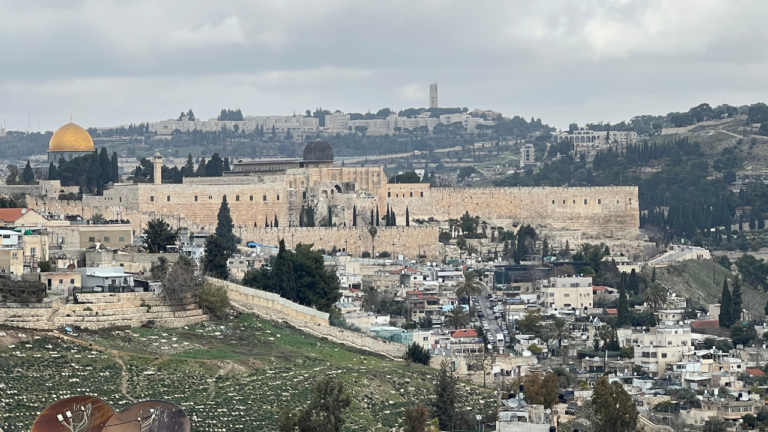The Faithful City and Her Faithful Children
At the close of its exegesis of Sefer VaYikra, the Midrash Rabba discusses the incredible spiritual capabilities granted to one who faithfully fulfills his vows. Rebbe Yaakov contends that one who fulfills his vows is guaranteed to have his tefillot heard. As a proof text, he invokes Tehillim 65:2-3, where Dovid HaMelekh describes the God of Tzion to whom vows are fulfilled. The next verse refers to God as the Heeder of prayer, indicating that it is through the fulfillment of vows that HaKadosh Baruch Hu will turn towards our tefillot.
The midrash is highlighting the power of emet, the truthfully spoken word. The “reward” for fulfilled vows is not happenstance or arbitrary. A natural consequence of faithfully maintaining the veracity of one’s words is the strengthening of the koach hadibbur, the power of speech. When a Jew casually ignores promises or lightly throws around hyperbolic expressions, the weight of his words is significantly weakened. Only with truth do his words maintain their gravitas and ability to impact upon the supernal realms in tefillah.
Following Rebbe Yaakov in the midrash, Rav Acha explains that one who fulfills his vows in a state of exile will merit to fulfill them in the rebuilt Jerusalem. He proves this from Tehillim 116, famous from our recital of Hallel, where Dovid declares that when he fulfills his vows, he will merit to properly repay more vows in the courtyards of the house of Hashem in the midst of Jerusalem.
A careful read of the midrash and the verses it cites reveals that Tzion and Jerusalem are somehow deeply connected to the concept of fulfilled vows and truthful words. It is specifically to Elokim bTzion, the God in Tzion, that the vows are fulfilled, thereby granting an extraordinary power of tefillah. And it is specifically in the merit of fulfilling ones vows that he will merit to access Jerusalem in the future.
As the holiest place on earth, the place in which HaKadosh Baruch Hu’s presence is most palpably felt, Jerusalem is by definition a place of truth. She is exceedingly sensitive to emet; corruption and deceit make our relationship with her untenable. This is why Yeshayahu HaNavi describes her as the Kiryah Ne’amana, the Faithful City (1:26).
Not coincidentally, the main topic of Sefer VaYikra, the bringing of korbanot on the altar in Jerusalem, is animated by vows. In Sefer Devarim (23:22-24), the Torah explains that there is an obligation to bring all korbanot to the Beit HaMikdash in a timely manner. However, the prohibition to delay is not due to the insolence of withholding the divine service. Rather, the Torah highlights the lack of fulfilling one’s word, the promise to bring the korban to Hashem: “When you make a vow to Hashem your God, you shall not be late in paying it…You shall observe and carry out what emerges from your lips…whatever you spoke with your mouth.”
In fact, Rashi to Chullin 139a astoundingly indicates that the principal fulfillment of a korban vow is simply bringing the animal to the courtyard! The subsequent sacrificial process described in detail in the first chapter of VaYikra is the secondary and technical necessity in fulfilling this vow.
Given this background, the reward described by Rav Acha is also a natural consequence of one’s faithful fulfillment of his vows. When one carefully guards his words, he naturally strengthens his link to Hashem’s holy city of truth.



